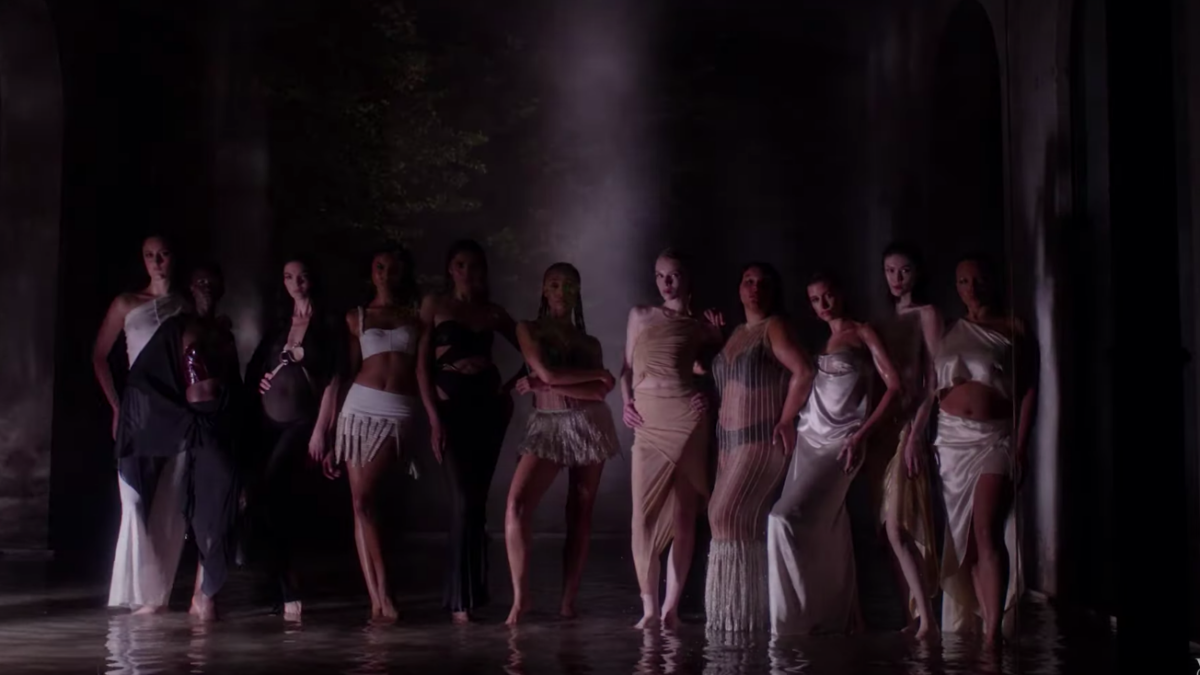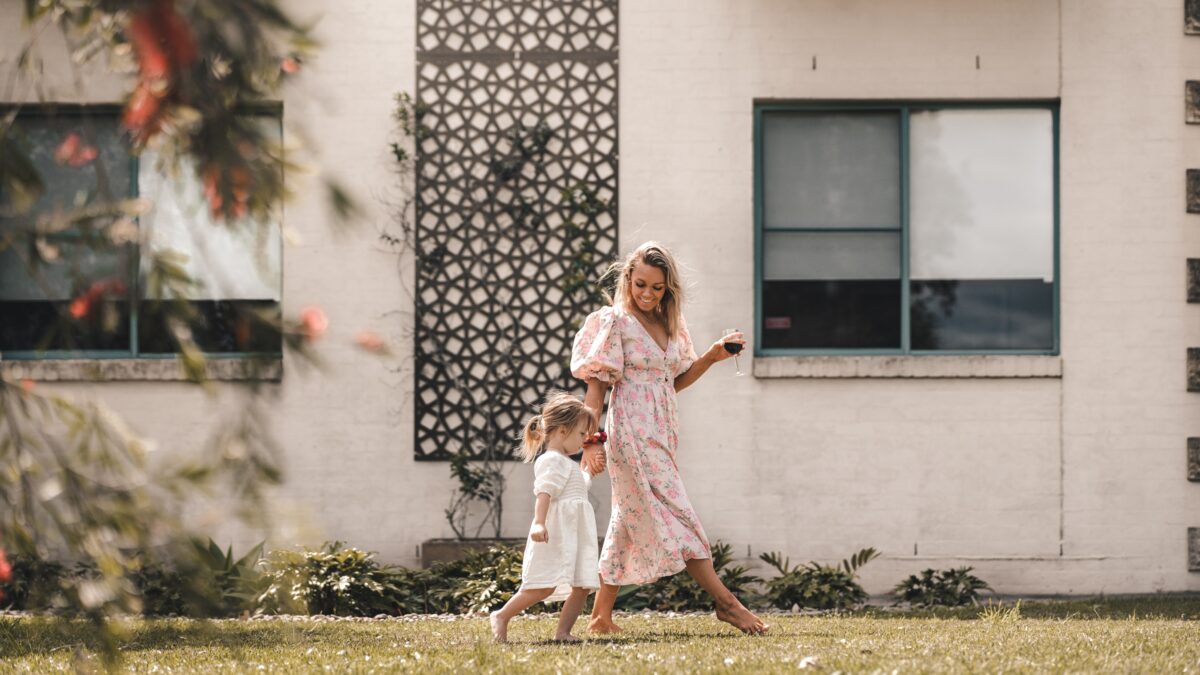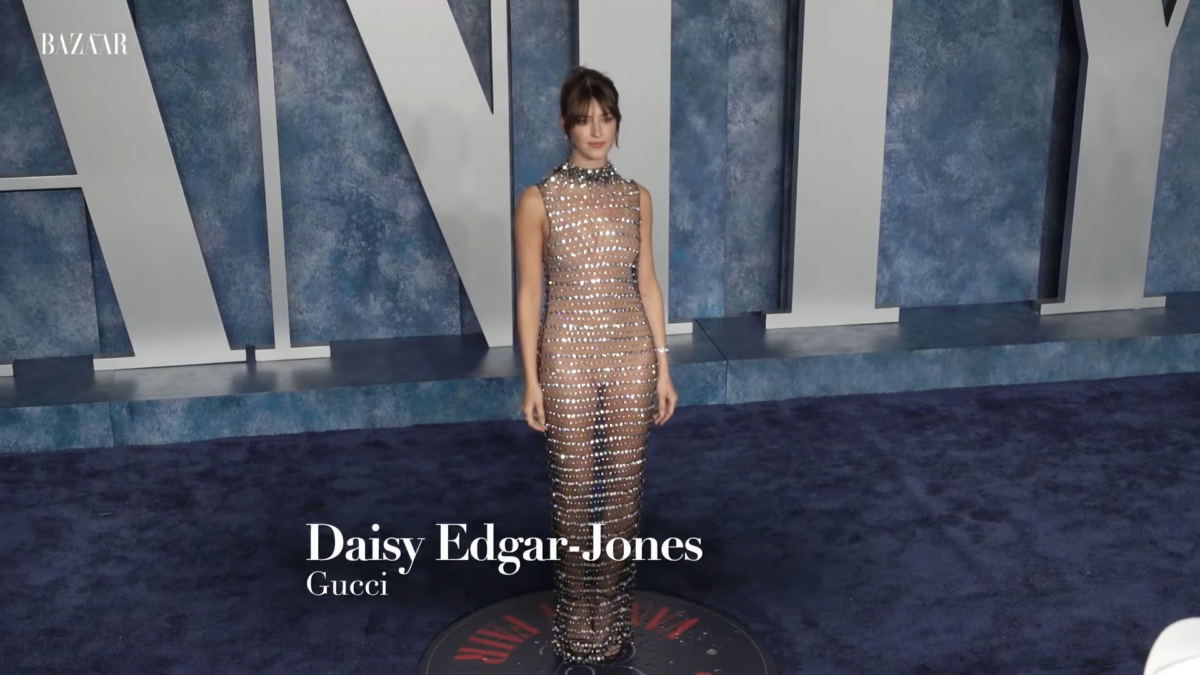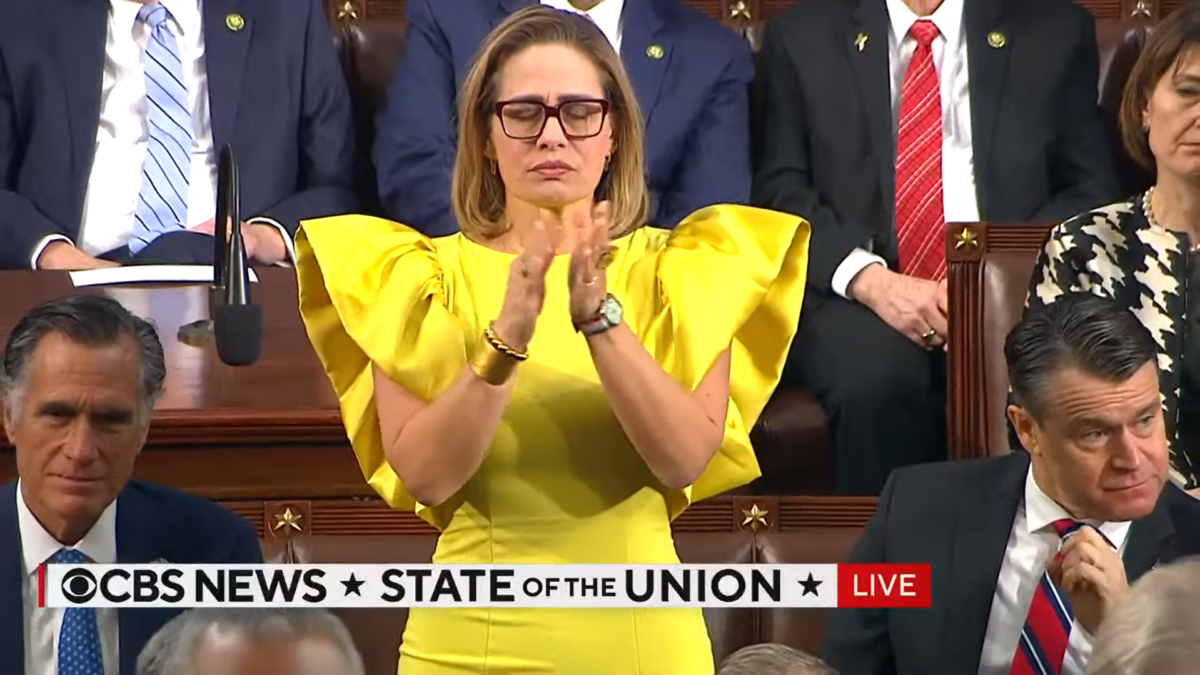In 2019, women’s lingerie company Victoria’s Secret announced they would be ending their annual fashion show following public scrutiny. The Chief Marketing Officer Edward Razek made criticized remarks about transgender and overweight models, and CEO Lex Warner stepped down due to a relationship with Jeffrey Epstein. So the show was scrapped.
It has since been announced that the company will be presenting a reimagined runway studded with diversity hires and fashion icons. But behind the marketing mirage, nobody is buying the PR move or their products.
The revised VS show comes to us in the form of The Tour, streamed on Amazon Prime and debuting at New York Fashion Week. The new slogan, “My Wings, My Way” is plastered on black and white campaign images of the models. Only instead of the fabulous wings and ornate costumes viewers were used to, the brand opted for a more depressing aesthetic. Against a brutalist backdrop, icons like the anticipated “fantasy bra” are replaced with tank tops, denim, and dreary expressions.
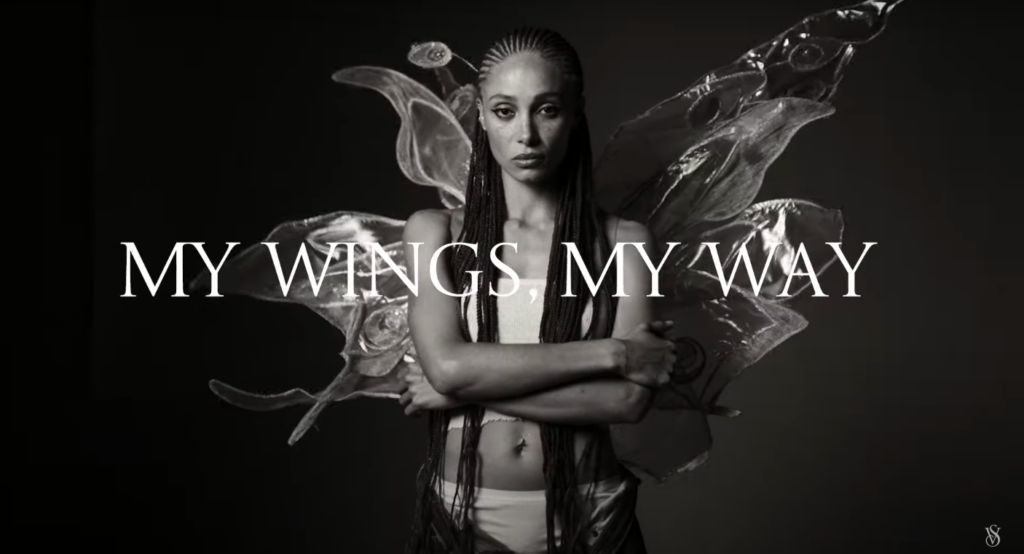
Practically none of the VS iconography that people unanimously appreciated was included in the show. Instead of glitzy wings and lingerie that resembled products consumers could buy themselves, they went the “high fashion” route.
High fashion historically has left consumers uninterested and the brand looking out of touch, which is partially why the rebrand was so unsuccessful. Instead, the pseudo-documentary style show featured a variety of frocks, none of which mirror what is commercially available or traditionally beautiful.
But that is the whole point. Much like our changing culture, the show was the antithesis of convention. Featuring the “VS 20,” various artists from Bogota, Lagos, London, and Tokyo, the show was anything but familiar, featuring poetry, various musical performances, and an onslaught of narcissism.
A transgender male-to-female performer featured in the show clothed himself in caution tape and danced in front of Colombian police at an anti-government protest. Another person featured wrote a book called “Vanguards” about “God, life, love, queerness, spirituality,” and how “all those things come together.” The author later said, “I think of myself as a God.”
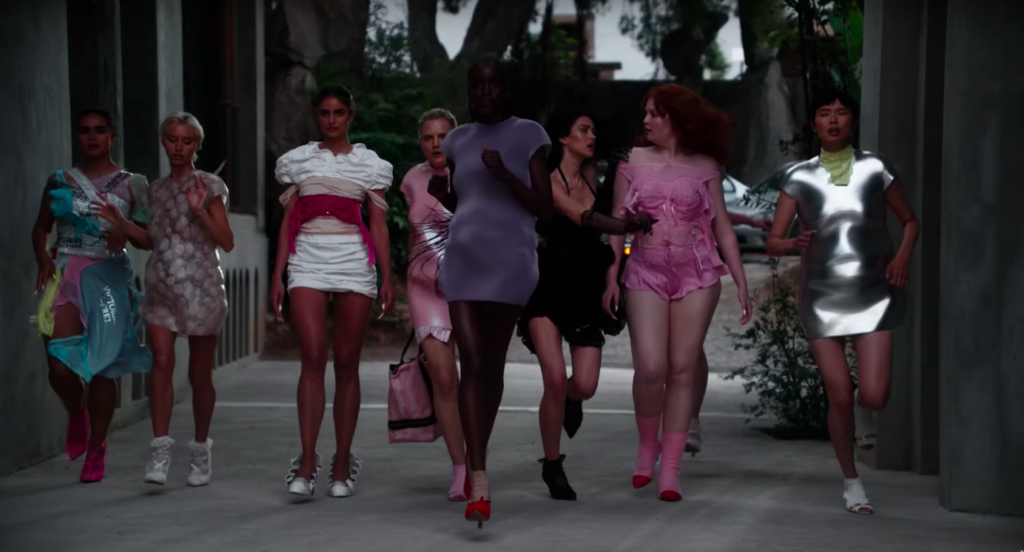
Sure, there was an outcry for more representation in an industry that has adhered to a high standard of beauty. But the film didn’t offer diversity within the bounds of the brand or even the product.
Instead of offering different versions of beauty on the iconic runway we know and love, we are expected to sit through an odd conglomerate of angsty artists, ill-fitting clothes, and activism. Of course, there is space for all types of beauty and background. But the truth is, beauty is objective, and doesn’t include everything.
Physical beauty, especially for Victoria’s Secret, is meant to be aspirational. It is by nature, not inclusive of every person to ever exist, just like any other industry. It values the merit of femininity and discipline in aesthetics.
Not everyone can be a model. Not everyone can be an astronaut. You cannot throw merited beauty out the window because you don’t want to put the work in. But of course, the diversity hires are overshadowed by icons like Naomi Campbell and Adriana Lima, the ultimate aesthetic crutch the brand knows they need.
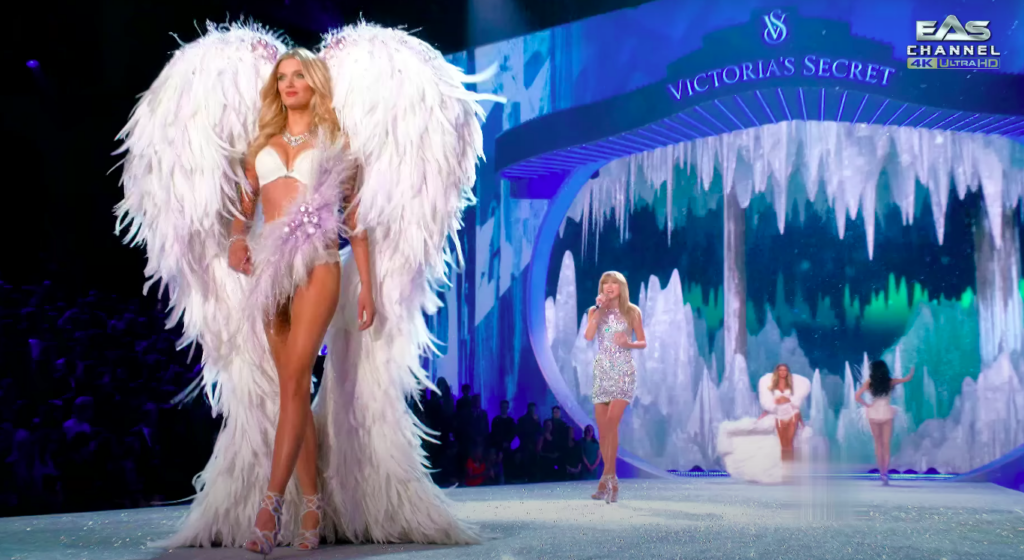
The gesture is performative and translucent. Nobody is convinced that VS cares enough to source their designs from multi-cultural artisans, or champion unhealthy models for any reason other than image. So although they made the necessary plays to be appropriately positioned on the sociopolitical issues of the day, they fall short by still relying on the beautiful and iconic women that Victoria’s Secret always featured.
Although they made the socially appropriate choice to incorporate a diverse roster of models, it wasn’t exactly what you would call fiscally responsible. The company suffered nearly $2 billion loss of revenue from 2019, the year they canceled the show, to 2020.
The company has since recovered partially, but revenue has trended downward since the cancellation. The lowest reported year of sales was in 2020 following the cancellation of the show, only hitting $5.4 billion compared to at least $7 billion in the years prior.
So why bother implementing these demanded diversity quotas when their sales suffer from it? Because the cultural annihilation of the brand would socially bankrupt them in comparison. It is too much to ask for a brand to remain principled, and for them to capitalize on the very qualities that distinguished their product to begin with.
We were all waiting for the glamour and femininity that Victoria’s Secret was known for, but standing up for even something as irrefutable as beauty will get you in trouble with the arbiters of cultural standards. You shouldn’t value discipline and health as the pinnacle of beauty. You should not desire to see yourself in the glitz and glamour of the VS angel archetype.
Instead, as we have seen with Victoria’s Secret, you must insist on the unconventional and the ugly, otherwise you are a bigot worth canceling.
